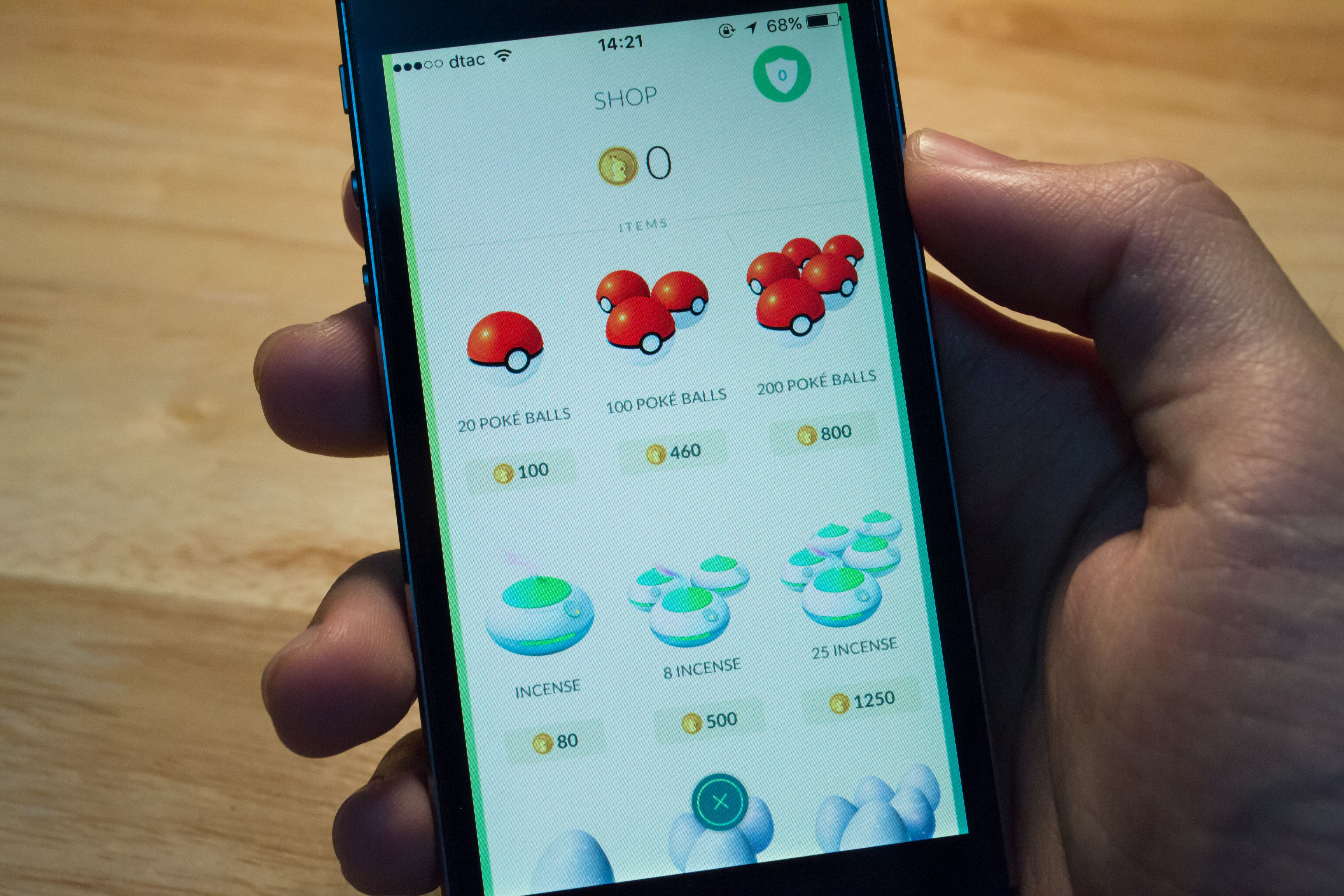Smartphone games can be fun, but did you know that they're often the focus of money laundering schemes? Scammers will use well-intentioned games as a way to make money, and will even make their own apps if need be.
Here's how and why your favorite smartphone game app may be used by a scammer to launder money online.
How Do People Make Money From Mobile Games?
Before we dive into how the scam works, we need to analyze how people make money from a smartphone game in the first place. We don't mean gambling or casino apps; we mean regular smartphone games which you create an account for.
When someone wants to make a bit of cash, they can sell their account online. It may seem odd to do this, as smartphone apps are very often free of charge. However, there are two things that don't come free and so can be sold: progress, and in-app purchases.
For the former, smartphone games tend to feature progression to keep people playing. For instance, you may need to sink several real-world hours into leveling up a character, building a base, or completing missions. When someone wants to sell their account, they can use the amount of time they've invested as a selling point.
In-app purchases are also important, and are the key to how scammers use these games as a money laundering scheme. Free games usually aren't totally free; they often have ways for you to spend money in the app (hence, "in-app purchases"), and so are sometimes called freemium services.
These purchases can range from stat boosts to cosmetic items. Some games even have a "gacha" store, where you pay real money into a lottery-styled system. These lotteries can spit out extremely rare characters or items, which the account owner can use to demand higher payments when selling.
This is why people are buying and selling accounts that you could otherwise make for free. The accounts in question have some kind of investment in them—time or money or both—and buyers look for a quick and easy way to avoid making that investment themselves.
Before you rush off to see how many accounts you can buy or sell, remember that game developers often forbid trading accounts for real-world money. As such, you and your account may be banned if the developers catch you.
How Scammers Use Apps for Money Laundering
People sell on their accounts when they're bored of the game, or if they need a little bit of extra cash in the bank. However, scammers can use this market to turn account-selling into a profitable business.
Here's how it works. First, a scammer targets a very popular mobile game which has a bustling account-selling market. The scammer then creates an account for the game, with the full intent of selling it off later.
Of course, they need to give the account value so they can sell it on. They could invest time, but it would take ages before the account was "ripe" enough to sell on. They could invest their own money, but they're trying to make a profit. The less money they have to spend, the better.
As such, the scammer chooses a third option: investing in the app using other people's money. They lose nothing, and they pocket all of the profit once the sale goes through—it's a win-win for the scammer.
Now the scammer needs to get a hold of someone else's funds. They could try real-money scams, but these often come with hurdles and security checks that the scammer has to navigate for a successful payout. As such, they're more likely to choose gift cards over money.
Scammers like gift cards, because they're easier for the victim to send over and leave less of a paper trail than a bank transfer. And because the scammer currently wants to sell a smartphone game account, they can ask for gift cards they can redeem on the app store. For Android games, it'd be Google Play gift cards; for iOS, it's Apple App Store cards.
Once the scammer has successfully scammed someone out of a gift card, they can load the credit onto the app store. Then, they can use the funds to buy things in the mobile game.
Once the account is loaded with value, the scammer can flip it for slightly less than its financial worth. For instance, if they added $100 worth of purchases to a game, they'll sell it for $80 to attract buyers looking for a deal.
The scammer doesn't lose money by selling low, because it wasn't their money to begin with.
When Scammers and Apps Combine
The scams we've covered so far are nefarious, but you can't pin the blame on the people who developed the games. They're just trying to make a business out of smartphone game development; it's not their fault that scammers targeted their app for money laundering purposes.
However, there are cases where the game itself is knowingly and willingly fuelled by money laundering. This is when the developers know that scammers are using their game to launder stolen gift cards and adopts it.
This happens in two situations. First, the scammers may decide to release their own app. It doesn't have to be anything special, because its main use is to use the in-app purchases to launder gift cards and get paid by the app store owner.
Secondly, the scammer may team up with an app developer who has already released the game. In this partnership, the scammer will hunt down gift cards and redeem them exclusively for purchases in the developer's app. In exchange, the developer gives the scammer a cut of the profit.
How to Protect Yourself From App Scams
Of course, you can't stop scammers from spending stolen gift cards on in-app purchases. However, what you can do is stop scammers from getting their mitts on the cards in the first place.
Gift card scammers will often pretend to be a business demanding payment from the victim. They may claim to be a tech support agent and require gift card payments to fix your computer, or they may act as an authoritative agent demanding app store cards to pay an imaginary fine.
Gift cards are only good for their namesake; as gifts. They are totally useless to companies in terms of paying bills or fees. As such, if a "company" calls you up and tells you to pay them in gift cards, don't believe them! It's definitely a scam.
The Darker Side to Smartphone App Stores
When a scammer gets hold of an app store gift card, they can use them to flip game accounts on the black market. They may even partner up with an app developer, or make their own apps to better launder gift cards earned through scams.
Just remember: if someone wants you to pay a fee via gift card, it's a scam.
That's not to say that scams are the only dark side to the app store. Despite their strong defenses, app stores often have malware uploaded to them, masquerading as legitimate apps.
Image Credit: Artem Oleshko/Shutterstock.com




